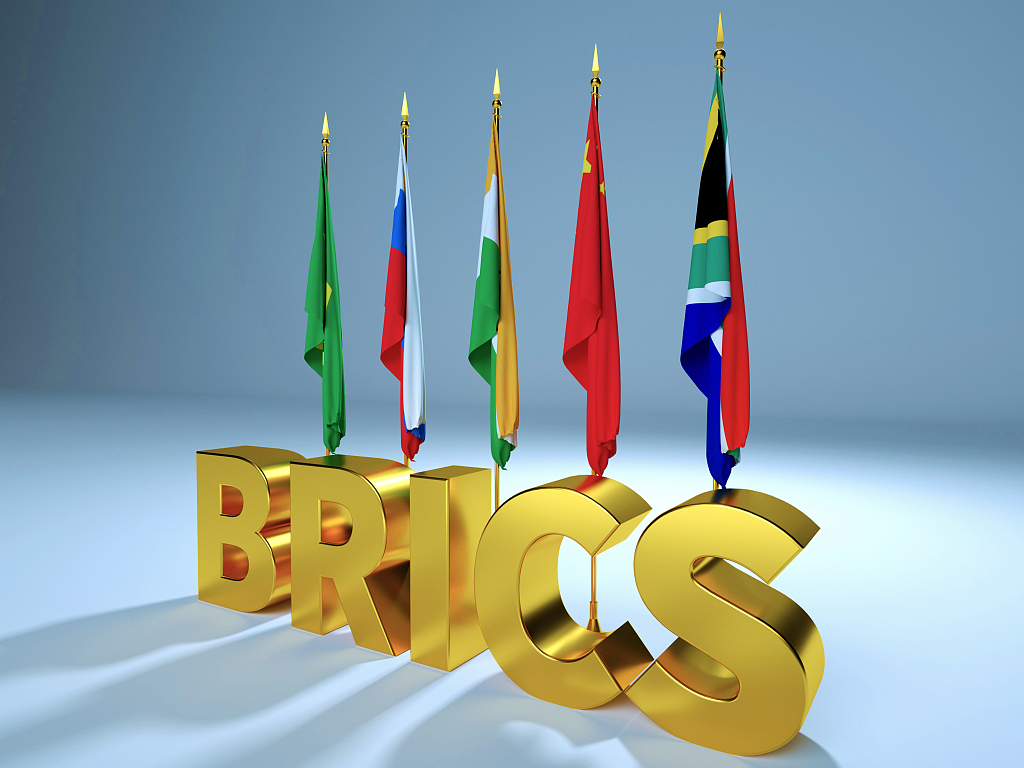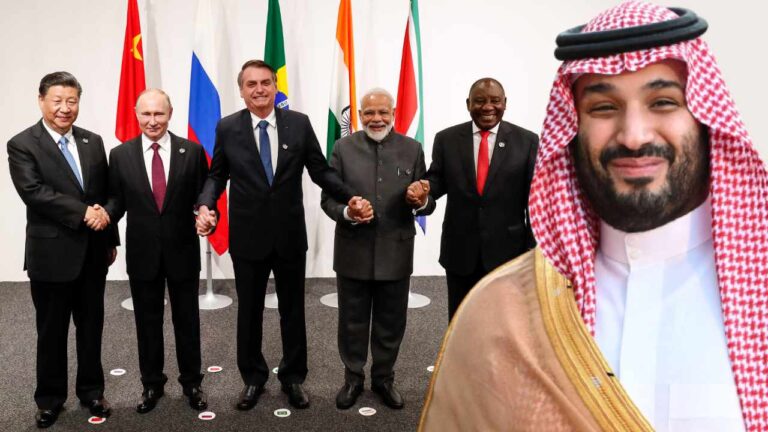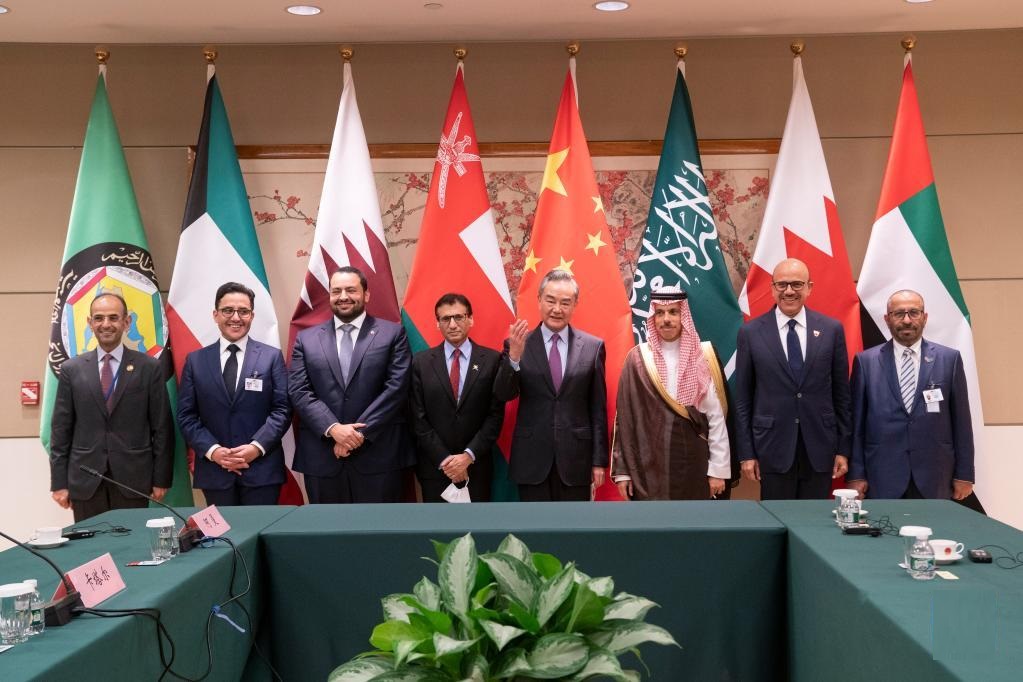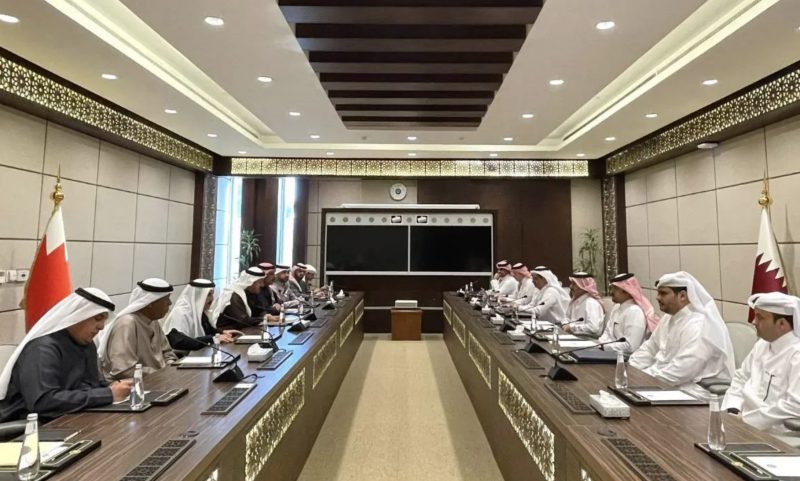The world is at a crucial moment. Many countries deal with conflicts, poverty, climate issues, and food crises. Amidst this chaos, the BRICS alliance is poised to introduce an alternative global governance system.
But what does this mean for the current world order? Join us as we dive into the dynamic world of BRICS and explore its goals for growing, gaining attention, and challenging the status quo.


The Rise of BRICS: A Force to Be Reckoned With
First, let’s state the obvious. This alliance can truly shape the future of global trade. BRICS is made up of Brazil, Russia, India, China, and South Africa. It has emerged as a solid coalition of nations. With growing economies, military capabilities, and political influence, BRICS garners attention for its impact on global governance.
The Quest for Expansion: A Growing Momentum
Second, let’s look at the alliance’s expansion plans.BRICS takes center stage with expansion plans. Countries like Saudi Arabia, Turkey, and Egypt express interest in joining BRICS, marking the first expansion since South Africa’s membership. This brings an exciting dimension to BRICS’ trajectory and global influence.
Saudi Arabia, Egypt, and Turkey are eyeing membership
Third, it’s important to note that BRICS has several countries vying for membership.
The revelation followed Russia’s announcement that Argentina and Iran were starting preparatory procedures for membership. These applications mark the first expansion endeavors since South Africa became a member over a decade ago.
Adding new countries to the BRICS brings an exciting dimension to its trajectory and global influence.
Why are Saudi Arabia, Egypt, and Turkey eyeing membership?


Next, let’s look at why countries are seeking to join.
The potential contributions of these three nations, which have a combined population of almost 220 million, to BRICS if they were to become permanent members are a topic of some discussion.
The focus of most of the discussion has been on tangible incentives, such as various economic advantages, decreased dependence on other countries, and flexible alternatives for foreign policy.
Saudi Arabia, one of the three, is the largest crude oil exporter in the world, accounting for 15% of the world’s oil reserves, and is a founding member of the Organization of Petroleum Exporting Countries.
In the meantime, Russia participates in OPEC+. Russia heads a wider organization including 10 other oil-producing countries and the 13 OPEC members.
Egypt is one of the three possible BRICS countries with the highest population (102 million), and it also produces and exports a significant amount of petroleum.
Turkey, which has a population of over 85 million and is a member of NATO, holds a special place in the struggle between the East and the West.
The Challenge of Inclusion: A Delicate Process
On the other hand, expanding membership comes with hurdles. Each aspiring country brings unique contributions and considerations. Saudi Arabia enhances energy capabilities, Egypt offers economic prospects, and Turkey holds a strategic geopolitical position. The implications of including these countries in BRICS are intensely scrutinized.
The Shifting Geopolitical Landscape: East vs. West
In a world marked by conflict and rivalry, the East and the West seek to expand their spheres of influence.
BRICS, too, aims to grow its network by seeking resourceful countries with high potential. Against the backdrop of ongoing conflicts, including the Russia-Ukraine dispute and the intensifying China-US competition, the battle for allies and partners gains significance.
As BRICS expands its reach, it seeks to solidify its position as a formidable player on the global stage.
Expansion: A Complex Puzzle


As BRICS expands, questions arise. Will the inclusion of Saudi Arabia, Turkey, and Egypt boost BRICS economy? Can it reduce reliance on other nations? How might it reshape foreign policy? These questions shape the puzzle of expanding this alliance.
The Future Unveiled: Expansion on the Horizon
Furthermore, BRICS sets its sights on growth, raising anticipation worldwide. Political and economic benefits entice, but the path to realization remains uncertain. How BRICS navigates this delicate process and the challenges it faces will determine its future.
Conclusion
In conclusion, the BRICS expansion signifies a significant milestone in global governance. With applications from Saudi Arabia, Turkey, and Egypt, BRICS aims for enhanced influence, collaboration, and prosperity.
As shown, as BRICS expands, it has the potential to redefine global norms, values, and structures.





